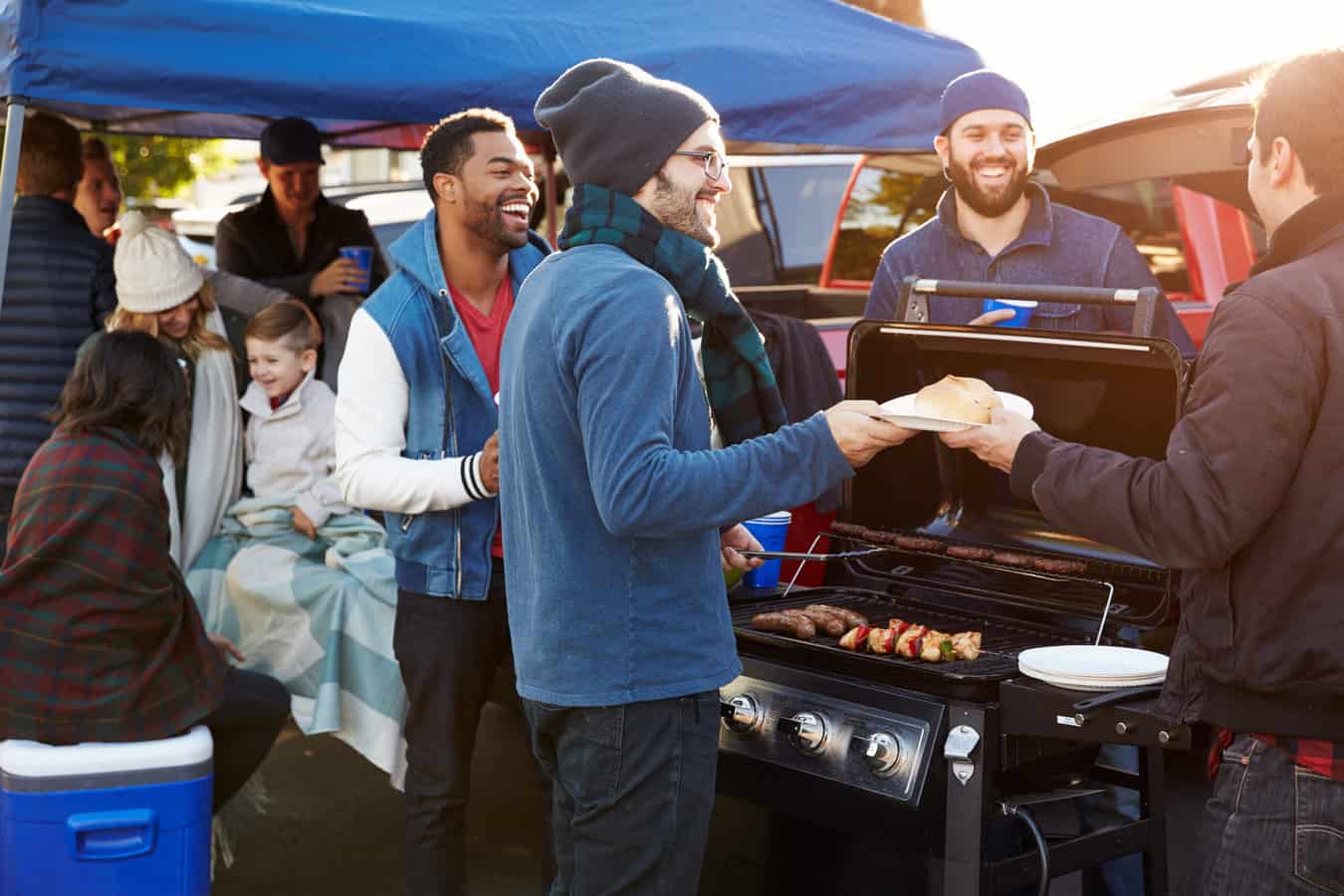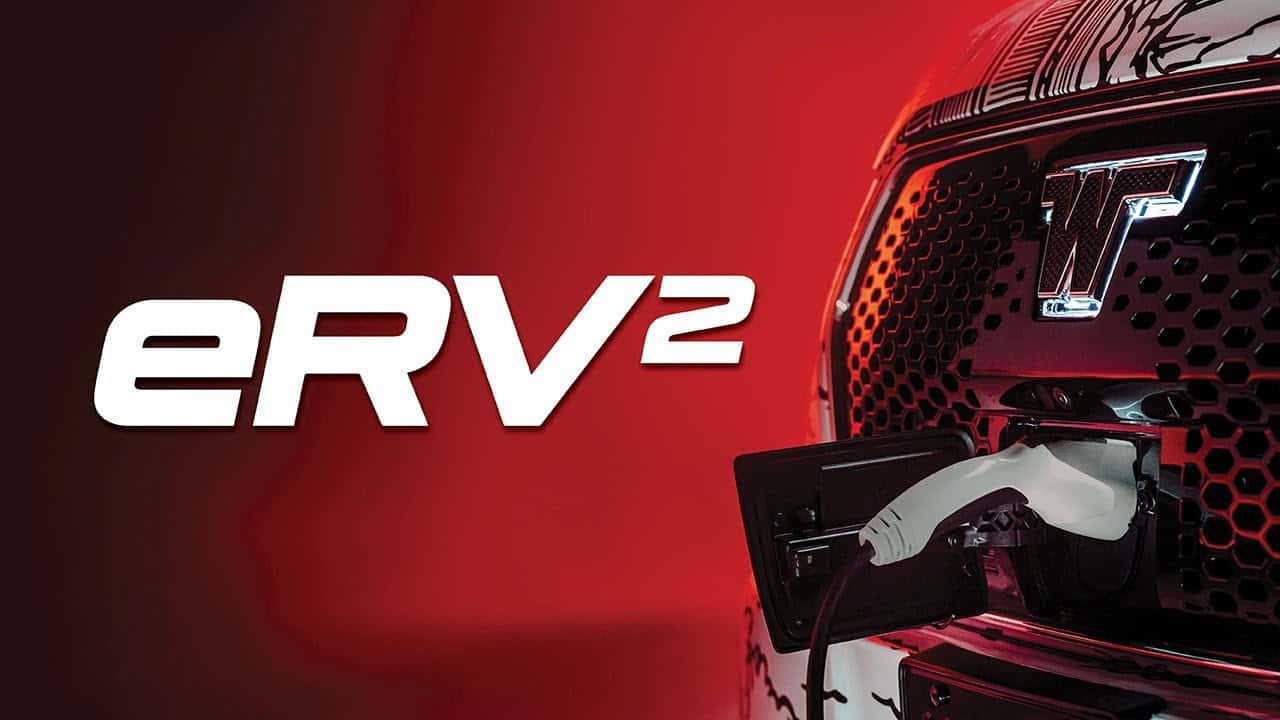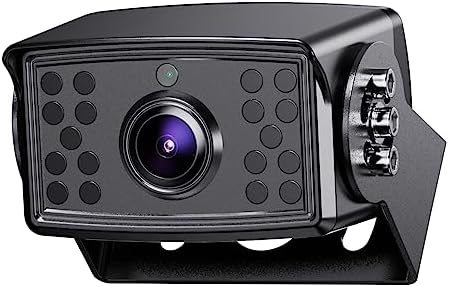Protecting Your RV from Theft and Vandalism: A Guide to Choosing the Best Security System
As an RV owner, you’ve invested a significant amount of money in your recreational vehicle, and you want to ensure it remains safe and secure, especially when it’s parked. Theft and vandalism are common problems affecting RVs, and it’s essential to take proactive measures to prevent these incidents from happening. In this article, we’ll explore the importance of protecting your RV from theft and vandalism and provide a comprehensive guide to choosing the best security system for your needs.
Why is Protecting Your RV from Theft and Vandalism Important?
RVs are attractive targets for thieves and vandals, who may see them as an easy score. With their value and contents, they’re a tempting target for criminals. Even a small incident, like someone breaking a window or slashing a tire, can cause costly damages and create a stressful situation. Moreover, insurance claims can be lengthy and complicated, resulting in financial losses and emotional strain.
Moreover, RVs are often stored or parked in open areas, which provides ample opportunities for thieves and vandals to strike. A strong security system can deter potential offenders, and if an incident does occur, it can help minimize the damage.
Components of a Comprehensive RV Security System
A top-notch RV security system should include several essential components to provide maximum protection and deterrence. Here are some must-haves:
- Wireless or Wired Alarm System: An alarm system is the foundation of an effective security system. It should be designed specifically for RVs and include features such as:
- Motion detectors that monitor movement inside and around the RV
- Glass break detectors to alert you of shattering glass
- Door and window sensors to detect unauthorized access
- GPS Tracking System: A GPS tracking system allows authorities to locate your RV quickly and accurately, reducing the chances of it being stolen and sold for parts or abandoned.
- Door and Window Locks: Strong door and window locks are essential for deterring thieves and vandals. Look for locks that are:
- Heavy-duty and built to withstand forced entry
- Designed specifically for RVs and weather conditions
- Easy to operate and maintain
- Surveillance Cameras: Installing surveillance cameras around the perimeter of your RV can deter potential thieves and vandals. Look for cameras that:
- Are weather-resistant and suitable for outdoor use
- Offer night vision and motion detection features
- Can be monitored remotely and have a clear video resolution
- Sirens and Flashing Lights: A high-decibel siren and flashing lights can alert you to any unauthorized activity and deter potential thieves. Look for systems that:
- Produce a loud, ear-piercing siren
- Use bright, flashing lights to grab attention
Choosing the Best Security System for Your RV
When selecting a security system for your RV, consider the following factors:
- System Type: Decide whether you prefer a wireless or wired system. Wireless systems offer greater flexibility, while wired systems may provide better reliability.
- Coverage Area: Determine the square footage of your RV and choose a system that can cover that area effectively.
- Sensor Placement: Consider where to place sensors to monitor specific areas of your RV. Typical areas include:
- Doors and windows
- Slides and drawers
- Engine compartment and electrical panel
- Power Requirements: Choose a system that can power off your RV’s electrical system and have a backup power source, such as a battery.
- Monitoring Options: Determine if you want to monitor your security system remotely or receive alerts to your smartphone or tablet.
- Durability and Weather Resistance: Ensure your system can withstand harsh weather conditions, such as high temperatures, humidity, and precipitation.
- Brand Reputation and Customer Support: Research the manufacturer’s reputation, customer support, and warranty offered.
Additional Security Measures
In addition to a comprehensive security system, consider the following additional security measures:
- Park in Designated Areas: Whenever possible, park your RV in designated RV campsites or parking areas with security features.
- Keep Valuables Out of Sight: Store valuables and important documents in a safe, out-of-sight location to deter theft.
- Keep a Clean and Well-Maintained RV: A clean and well-maintained RV can deter vandals, as it’s less likely to be viewed as an easy target.
- Avoid Leaving Your RV Unattended: Try to avoid leaving your RV unattended for extended periods, especially in isolated areas.
- Install a Tracker Device: Consider installing a tracker device that allows you to track your RV’s location even when it’s not connected to a cell signal.
Conclusion
Protecting your RV from theft and vandalism requires a multi-faceted approach that involves investing in a comprehensive security system, using additional security measures, and being mindful of your surroundings. By following the guidelines outlined in this article, you can significantly reduce the risk of your RV being targeted and ensure a safe and secure recreational experience.
FAQs
Q: What is the most common type of RV theft?
A: The most common type of RV theft is stealing valuables from the RV, such as electronics, tools, and spare parts.
Q: Can I still drive my RV if I’ve installed a security system?
A: Yes, most security systems are designed to operate in conjunction with your RV’s electrical system. However, it’s essential to review your system’s instructions and consult with the manufacturer before using your RV.
Q: Will insurance cover damage caused by theft and vandalism?
A: Yes, most RV insurance policies cover damage caused by theft and vandalism. However, it’s essential to check your policy’s terms and conditions to understand the level of coverage and any deductibles involved.
Q: Can I install my security system myself?
A: Yes, some security systems are designed for DIY installation. However, if you’re not comfortable with DIY projects or lack experience with electrical systems, it’s recommended to hire a professional installer.













